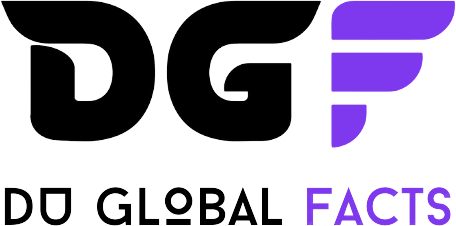Artificial intelligence is seeing an enormous advancement in everydaylife, in every sector. The COVID-19 pandemic compelled the industry to undergo a significant shift towards virtual learning. AI plays a crucial role in streamlining the process of student education by providing access to appropriate courses, facilitating improved communication between students and tutors, and allowing students more time to focus on other aspects of their lives.
AI greatly enhances personalized student learning programs and courses by aiding students in addressing their weak areas and honing their skills through tutoring. It also ensures prompt responses between teachers and students while promoting round-the-clock access to education. Educators can leverage AI for automating various tasks such as administrative work, evaluation of learning patterns, grading papers, answering general queries, and much more.
Here are eight ways in which AI is employed within the field of education:
Creating Learning Courses
Creating learning courses through a central department requires significant investments in terms of time and money. However, the implementation of AI technology simplifies and expedites this process while also minimizing expenses. Whether utilizing pre-existing templates or commencing from scratch, AI software for course development seamlessly generates interactive content. Collaborating with your entire team becomes more efficient with the inclusion of in-app comments from reviewers and co-authors, ensuring the creation of flawless training material. Artificial intelligence aids in the development of learning courses. By analyzing the student’s learning history and their capabilities, AI allows teachers a clear format of lessons and subjects that require reassessment. This allows teachers to create the best learning programs for their students.
Personalized Learning
AI Revolutionization has enabled students a custom learning platform depending on their experiences and preferences. AI can adapt the student’s knowledge level, goals, and speed of learning to get the most of their learning. AI based solutions can evaluate student’s weak points, learning history, and impart courses which are best for improvement.
In addition, AI is helpful in personalized learning through adaptive learning platforms. These platforms use AI algorithms to analyze students’ performance and provide them with targeted feedback and resources. This helps students identify their areas of improvement and focus on them, leading to better understanding and retention of the material. It also helps students build confidence in their abilities, as they can see their progress over time.
With AI, students can receive personalized instruction and support, allowing them to reach their full potential. It’s an exciting time for education, and AI is leading the way towards a brighter future for all learners.
AI and Teacher Collaboration
The application of AI in the education sector has already made remarkable progress, with the use of tools that focus on development and testing framework. As AI-driven educational solutions are evolving at a rapid pace, the aspiration is for AI to address gaps in learning and teaching, empowering schools, and education professionals to achieve better outcomes.
By embracing AI, efficiency can be enhanced, personalization can be achieved, and administrative tasks can be streamlined. This allows teachers the invaluable time and freedom necessary to provide understanding and adaptability – qualities that are uniquely human but challenging for machines to replicate. By harnessing the strengths of both machines and teachers, the vision for AI in education is one where they collaborate harmoniously to create optimal outcomes for students.
Enabling Universal Access
Artificial Intelligence (AI) has revolutionized the educational landscape by dismantling the barriers between schools and conventional grade levels. With the help of AI tools, classrooms have become accessible to students worldwide, regardless of visual or hearing impairments or language differences. By utilizing applications like Presentation Translator, which integrates seamlessly with PowerPoint, learners can now receive real-time subtitles for everything taught by their teachers. This breakthrough opens up a plethora of opportunities for students who need personalized learning at different levels, aspire to study subjects not offered in their current schools, or are unable to attend classes due to various reasons.
Automation Tasks
Educators often face a multitude of responsibilities, such as managing classes and handling administrative and organizational duties. These tasks encompass grading exams, assessing assignments, completing necessary paperwork, generating progress reports, organizing lecture materials and resources, managing teaching aids, and more. As a result of these non-teaching obligations consuming a significant amount of time, teachers may feel overwhelmed. By leveraging automation tools and solutions, educators have the ability to streamline manual processes which ultimately allows them to dedicate more time towards focusing on teaching essential skills
Final Words
Artificial intelligence has revolutionized the education industry to a whole new level. Integrating AI into educational organizations is a boon.
